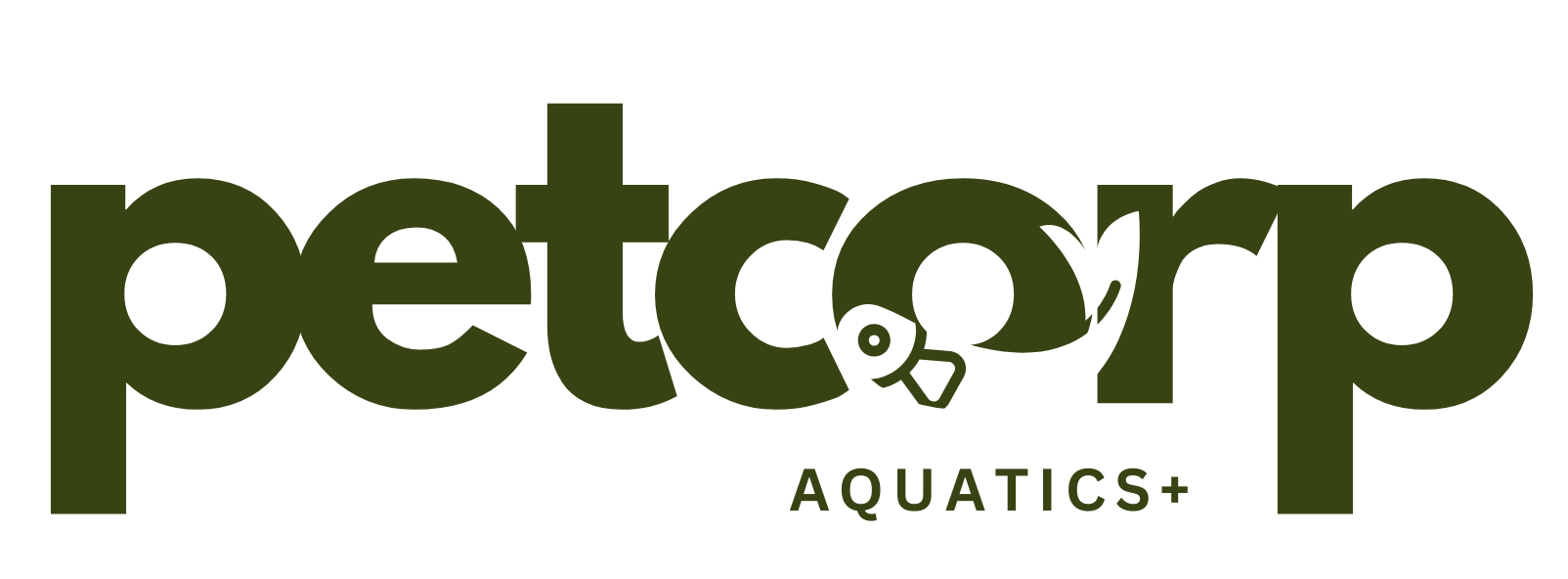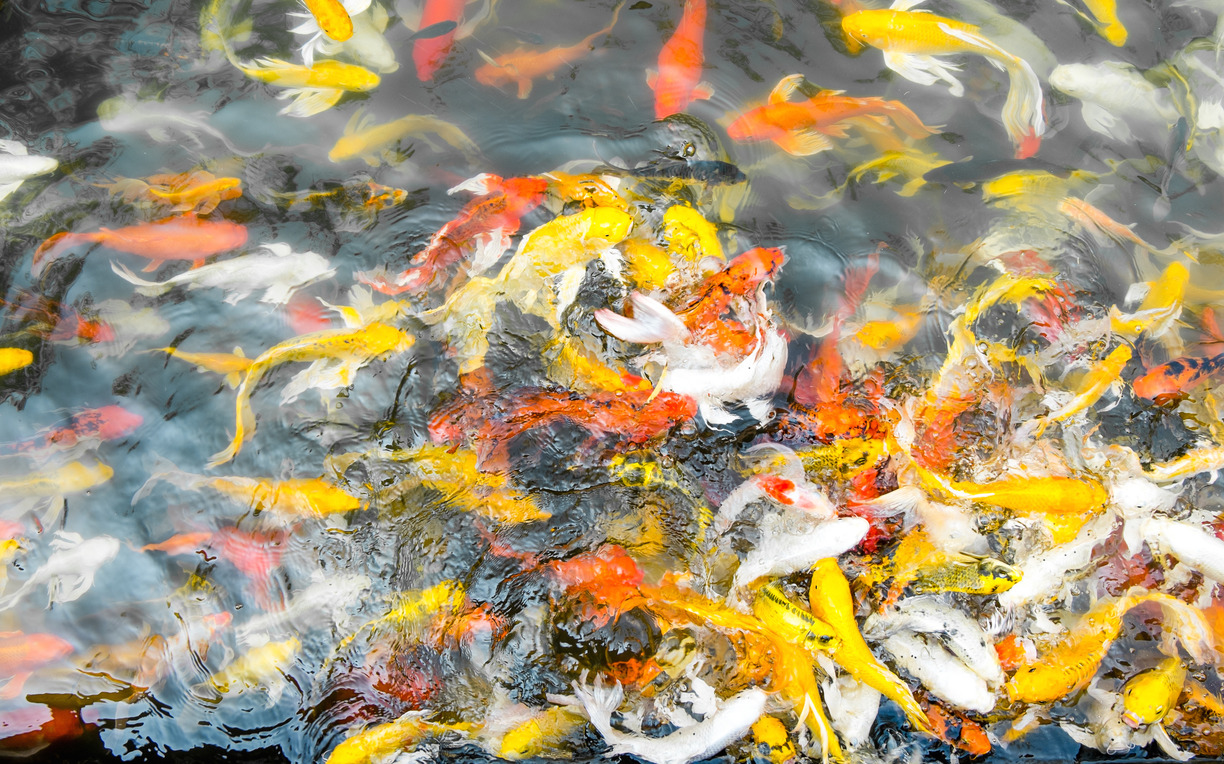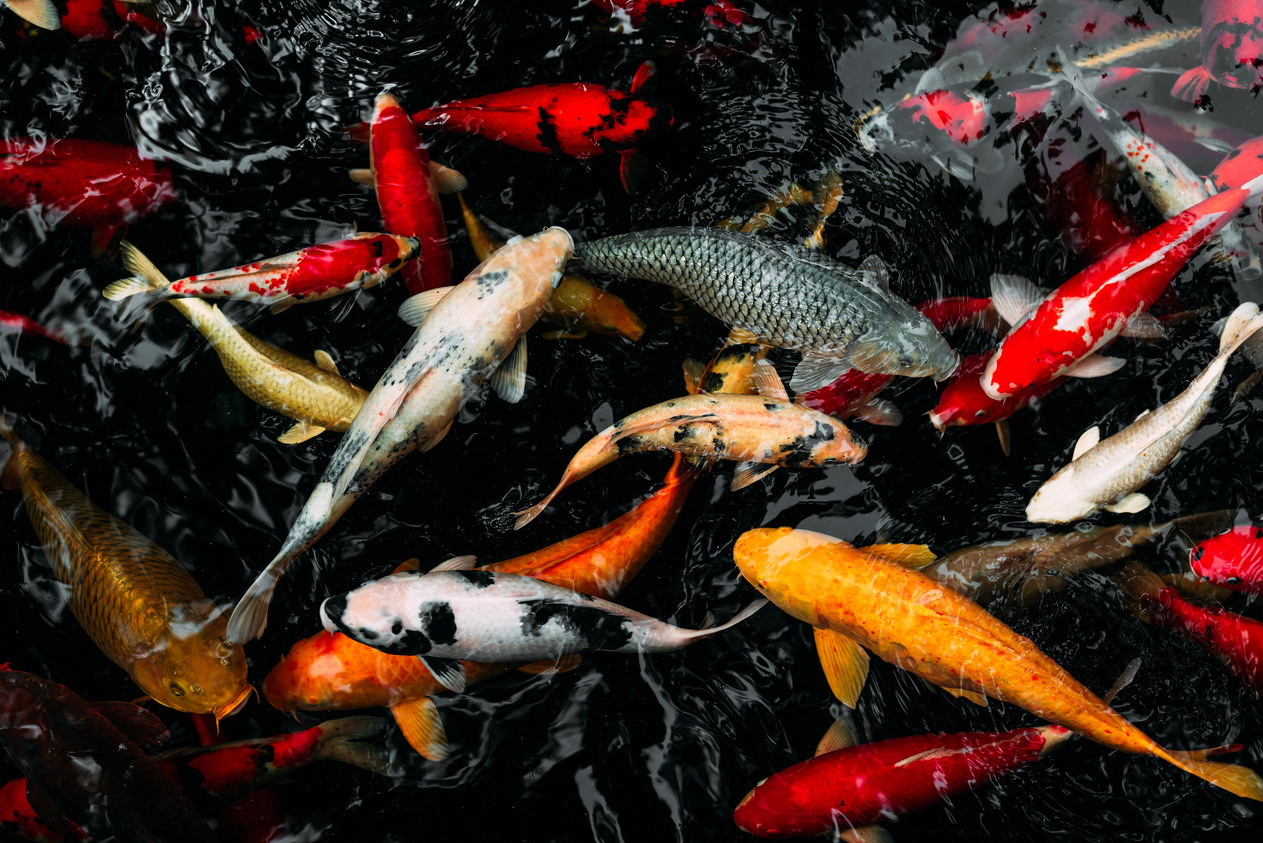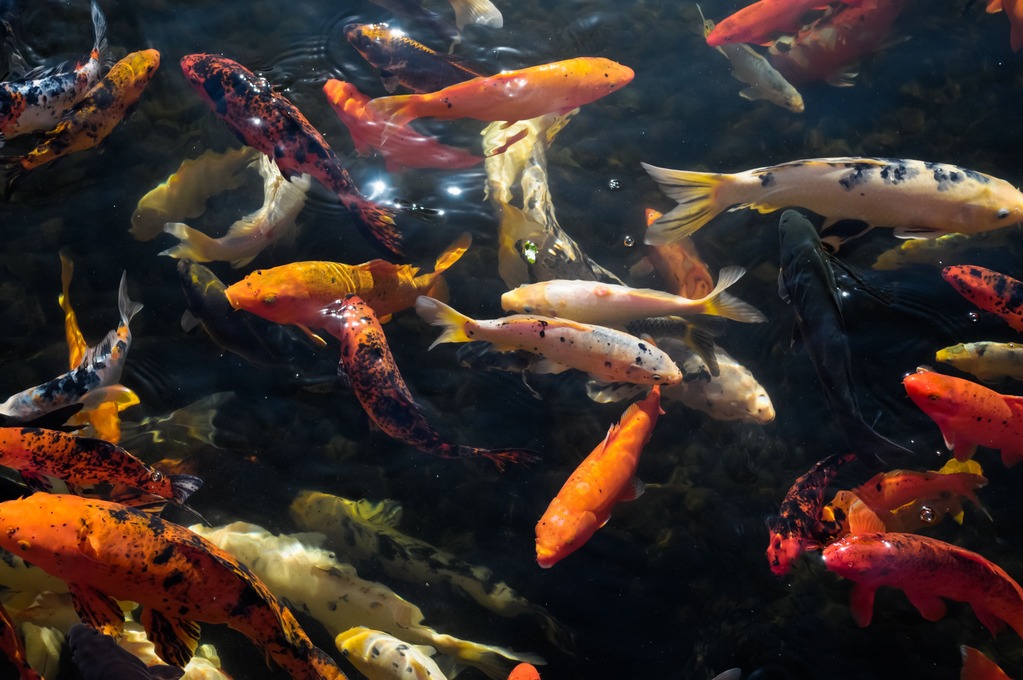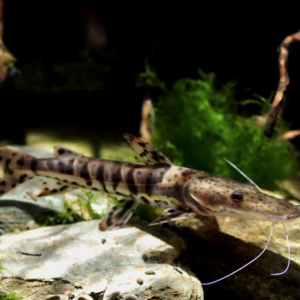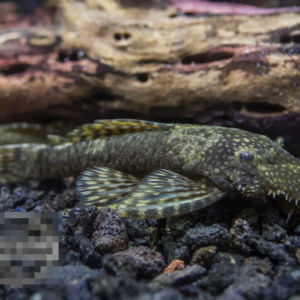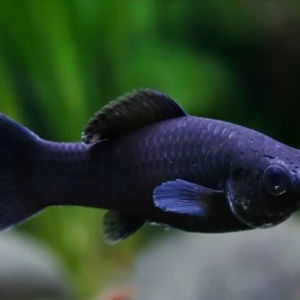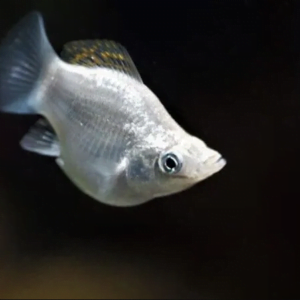Mixed Koi – Local
Koi are beautiful, ornamental fish known for their bright colors and symbolic meaning of luck and prosperity. Perfect for ponds!
₱100.00
Your live fish may not match the image shown due to natural variations in each species. Each companion animal is different in shape, color, and personality.
Scan to Purchase
Koi fish are a stunning addition to any pond, offering beauty and tranquility. However, proper care is essential to ensure they thrive. This guide covers everything you need to know about koi fish care, from pond setup to health maintenance.
1. Pond Setup & Water Quality
A well-maintained pond is crucial for koi health. Follow these guidelines:
- Size: A minimum of 1,000 gallons is recommended, with a depth of at least 3 feet to protect against predators and temperature fluctuations.
- Filtration: Install a high-quality filter to maintain water clarity and remove toxins.
- Aeration: Use air pumps or waterfalls to oxygenate the water.
- Temperature: Koi prefer temperatures between 59-77°F (15-25°C). In colder climates, consider a pond heater.
- pH Levels: Maintain a pH between 7.0 and 8.5 for optimal health.
2. Feeding Your Koi
Proper nutrition keeps koi healthy and vibrant:
- High-Quality Koi Pellets: Choose nutrient-rich food formulated for koi.
- Seasonal Feeding: Feed more in warm months and reduce feeding in winter when metabolism slows.
- Variety: Supplement with fruits, vegetables, and protein sources like shrimp or worms.
- Avoid Overfeeding: Excess food can pollute water and harm fish.
3. Koi Health & Disease Prevention
Keeping koi disease-free requires regular monitoring:
- Signs of Illness: Look for lethargy, spots, sores, or unusual swimming patterns.
- Common Diseases: Koi may suffer from parasites, fungal infections, or ulcers.
- Quarantine New Fish: Always quarantine new koi for at least two weeks before introducing them to the main pond.
- Water Quality Checks: Test for ammonia, nitrites, and nitrates regularly.
4. Seasonal Koi Pond Care
Different seasons require different care routines:
- Spring & Summer: Increase feeding, monitor water parameters, and ensure proper filtration.
- Fall: Reduce feeding and prepare the pond for cooler temperatures by removing debris.
- Winter: In colder climates, prevent complete freezing with a pond heater or aerator. Reduce feeding or stop altogether if temperatures drop below 50°F (10°C).
5. Koi Breeding & Growth
If you want to breed koi:
- Provide Spawning Areas: Add spawning mats or fine-leaved plants.
- Separate Eggs: Move eggs to a separate tank for better survival.
- Monitor Fry Growth: Feed baby koi with special fry food to ensure healthy development.
6. Predator Protection
Koi ponds attract predators like birds and raccoons. Protect your fish by:
- Adding pond netting or protective covers.
- Creating hiding spots with plants or caves.
- Installing motion-activated deterrents.
7. Pond Maintenance Tips
Routine maintenance keeps the pond healthy:
- Perform partial water changes weekly.
- Clean filters and remove debris regularly.
- Check and maintain water pumps and aeration systems.
| Size | Small, Medium, Large |
|---|
Related products
-
Platinum King Balloon Molly
₱2,500.00Original price was: ₱2,500.00.₱600.00Current price is: ₱600.00. Select options This product has multiple variants. The options may be chosen on the product page
